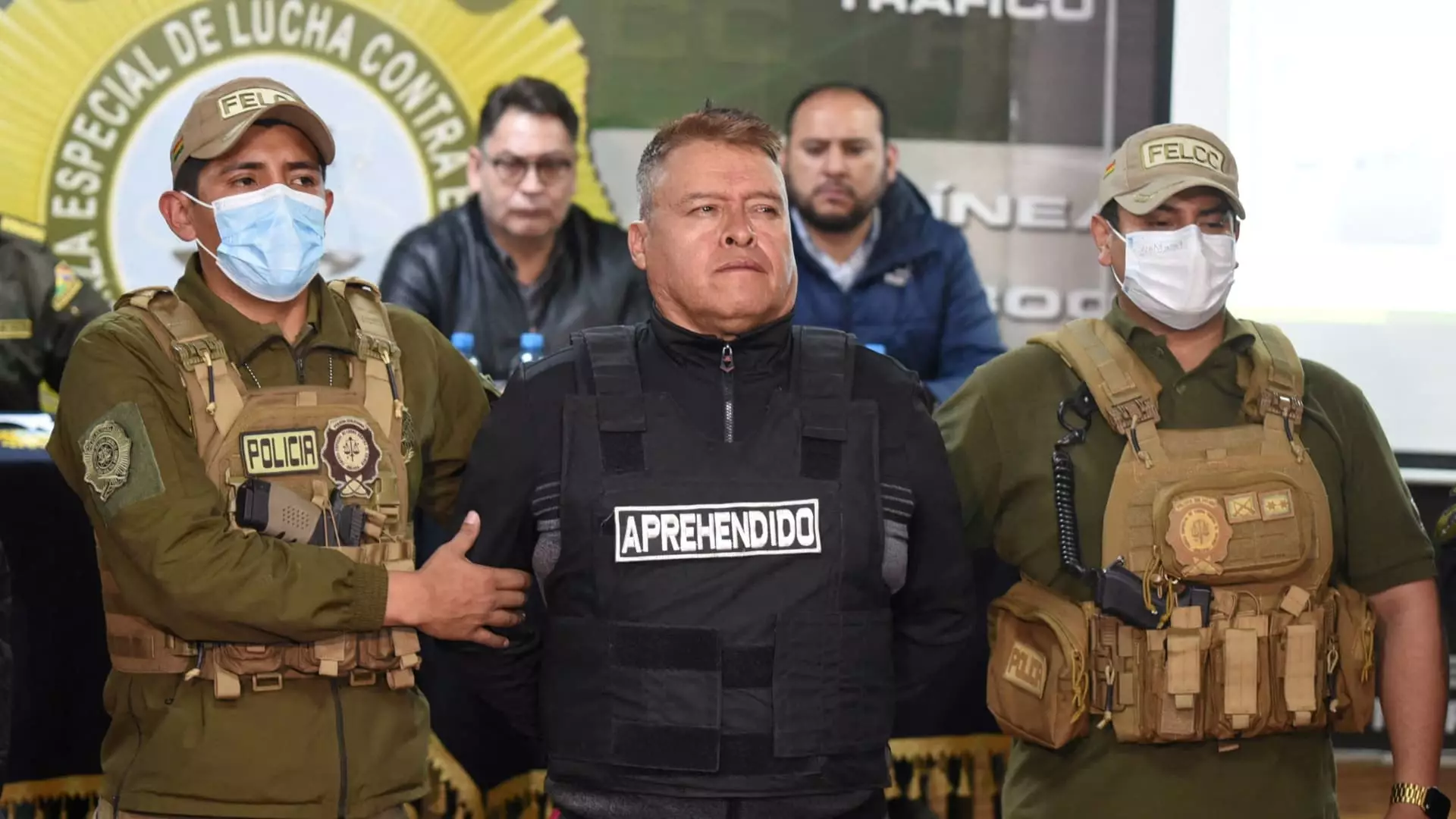Bolivian forces recently arrested General Juan Jose Zuniga, who was accused of attempting a coup against the government. The events unfolded rapidly, with armed soldiers storming the national palace. President Luis Arce described the incident as an attempted putsch and called on the people of Bolivia to mobilize against it. The situation escalated further as tanks and troops controlled access to the government seat, leading to concerns about a breach of constitutional order.
President Arce swiftly appointed new military commanders to bring the situation under control. With the urgent instruction to stand down, the armed forces withdrew, allowing the president’s supporters to flood the area. Subsequently, General Zuniga was detained, along with former navy Vice Admiral Juan Arnez Salvador, and labeled as a “traitor” by the Minister of Justice. This decisive action helped restore a sense of stability in the country.
The attempted coup comes at a challenging time for Bolivia, which has been grappling with a severe economic crisis. Factors such as U.S. dollar shortages, high public debt, and declining natural gas production have added to the country’s woes, following the heyday of the commodities boom in 2014. The International Monetary Fund projects modest growth for the Bolivian economy this year, emphasizing the need for political stability and sound governance.
The international community responded swiftly to condemn the apparent coup attempt in Bolivia. The European Union, led by chief diplomat Josep Borrell, expressed solidarity with the Bolivian government and people, emphasizing the importance of upholding democracy. Similarly, Spain’s Prime Minister Pedro Sanchez condemned the military movements and called for respect for democratic principles and the rule of law. Countries across South America, such as Venezuela, Paraguay, Cuba, and Chile, joined in denouncing the military action, highlighting the regional concern over political instability.
The attempted coup in Bolivia sheds light on the fragility of democracy and the challenges faced by countries in the region. The incident underscores the importance of strong institutions, rule of law, and respect for constitutional order. While the swift response by President Arce helped avert a crisis, the episode serves as a stark reminder of the need for vigilance against threats to democratic governance.
The attempted coup in Bolivia reveals the complex dynamics at play in the country’s political landscape. The rapid escalation of events, the response by the government, and the international reactions all point to the critical importance of upholding democracy and ensuring political stability. The incident serves as a cautionary tale for other nations grappling with similar challenges, emphasizing the need for a concerted effort to safeguard democratic institutions and processes.



Leave a Reply